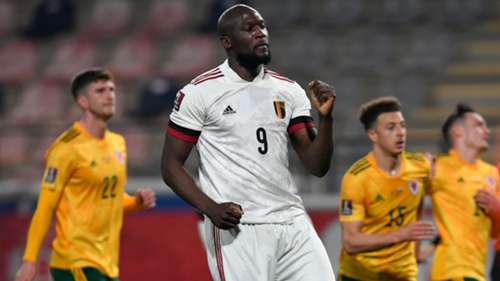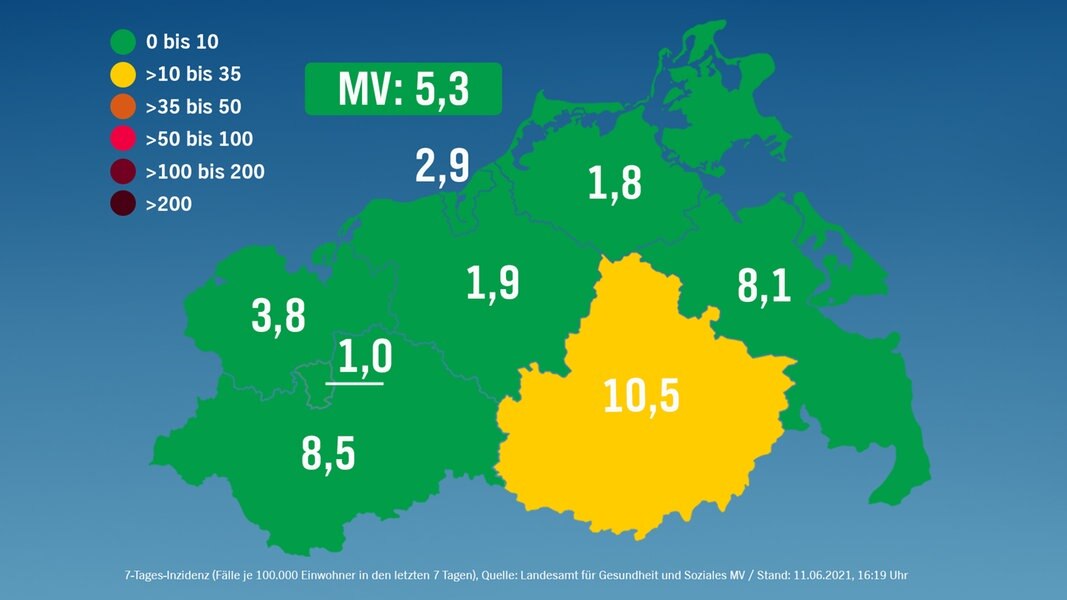Here we detail which are the best forwards you can choose to form a great team.
The Eurocup is here. Turkey and Italy are contesting the opening meeting of a competition that should have been played last year, but which, due to the pandemic, had to be delayed. With the same name, the tournament begins and the vast majority of eyes will be on the forwards, as they will be in charge of making the matches as lively as possible with their goals. That is why their work will be essential to the success or failure of their respective teams.
Therefore, here we recommend some of the best attackers in this European Championship, who can substantially improve your team for the Fantasy, Comunio and Biwenger Leagues.
Burak Yilmaz (Turkey)
Now 35, Yimaz has been scoring live goals for nearly two decades – and it looks like he just keeps getting better! After signing for Lille and moving to France in the summer, he has seamlessly fitted into a team that has completely exceeded expectations to win Ligue 1, both scoring and creating goals. That form has carried over to the international scene, where he scored a hat-trick against the Netherlands in March.

Alexander Isak (Sweden)
Sweden’s youngest goalscorer Isak has four years of international experience behind him despite the fact that he is only 21 years old. For years, the Swedes have been searching for a successor to Zlatan Ibrahimovic, and their hopes are currently pinned on Isak. Measuring well above six feet, the Real Sociedad star is an imposing scorer.

Ferran Torres (Spain)
The signing of Torres by Manchester City from Valencia in the summer of 2020 may turn out to be one of the smartest deals that Pep Guardiola has done. The 21-year-old was signed by the Premier League champions as a winger, but he has proven to be quite capable in a center-forward role, where perhaps his long-term future lies. It has certainly given Spanish coach Luis Enrique an additional option for the youngster, who already has a good goal rate for the national team after scoring a hat-trick against Germany in November.

Federico Chiesa (Italy)
Chiesa enters the tournament in excellent shape, although fans outside of Italy may not be aware of the impact he has had during his first season at Juventus. The 23-year-old finished the 2020-21 campaign with 15 goals and 11 assists in all competitions, showing his quality in big games after scoring against both Inter and AC Milan, as well as scoring the winning goal in the final of the Coppa Italia. He also scored three goals in the two matches of Juve’s Champions League knockout knockout against Porto, meaning Roberto Mancini is likely to give him a key role playing on the left side.

João Felix (Portugal)
Joao Félix was given the enormous task of replacing Antoine Girezmann when he arrived at Atlético de Madrid from Benfica in 2019 and, despite some difficulties, he has shown signs that he is capable of doing so. He can play in any position in attack, his preferred role is that of playmaker, although he often plays with Atleti on the right. For such a young player, he has a formidable instinct to be in the right place at the right time.

Memphis Depay (Netherlands)
Having rushed to tournament form last season after sustaining a serious knee injury while playing for Lyon, the postponement of the tournament has allowed Memphis to return to its best. The former Manchester United player, who plays on the left or in the center of the attack, is used to playing a leading role. After hitting double figures in goals and assists in 2020-21, he is also one of Europe’s most sought-after free agents this summer after exhausting his contract in France.

Timo Werner (Germany)
It has been a difficult first season for Werner in the Premier League with Chelsea, during which he has been forced to face criticism for his poor finish. However, he has remained an important figure for Thomas Tuchel’s team due to his ability to create opportunities for others when leading the attack. Therefore, he goes to Euro 2020 wanting to vindicate himself.

Ciro Immobile (Italy)
Immobile, one of the most prolific strikers in Europe in recent seasons. In 2019-20, he won the European Golden Boot after scoring 36 goals for Lazio. In fact, he has already surpassed 150 goals for the Roman club in just five seasons. His unchecks are excellent and his auction is elite. However, his goal tally for Italy is still slim.

Antoine Griezmann (France)
The winner of the Bronze Ball at the 2018 World Cup, Griezmann was regarded as France’s most important player, as he won the trophy in Russia. A year later, he moved from Atlético de Madrid to Barcelona, but it has been difficult for him to maintain his level at the Camp Nou. However, the attacker remains a leader in Didier Deschamps’ team, not least because of his set piece quality, which was so important to his success three years ago.

Jadon Sancho (England)
After a long transfer saga that linked him to Manchester United last summer, Sancho got off to a slow start to the 2020-21 season but has returned to his best since January. The 21-year-old winger, who earns much of his success playing on the left, is a passionate dribbler, excels in one-on-one duels with defenders and possesses incredible pace. It’s surely only a matter of time before he finds his best for England after some inconsistent showing for the Three Lions.

Marcus Rashford (England)
Rashford may only be 23, but he has already scored double-digit goals in three consecutive Premier League seasons with Manchester United. He usually starts out in wide areas, but is drawn toward the center of the park, where he does much of his damage with his quick and direct approach. Off the pitch, he was named to the Time 100 Next list for his work in creating End Child Food Poverty, which he did during lockdown in the UK.

Karim Benzema (Francia)
Perhaps the most surprising call-up of the entire tournament, Benzema had not represented France since 2015 before being called up by Didier Deschamps in late May. Despite turning 33 in December, the Real Madrid striker has spent the past two seasons playing the best football of his career, and his form has become too much for his international coach to ignore. Finally, in the shadow of Cristiano Ronaldo in the Spanish capital, his goals led Madrid to the La Liga title in the 2019-20 season, while he was once again its star man by reaching the semi-finals of the Champions League this season.
His creativity in the last third is also one of his main attributes, and there is rarely a goal that Madrid scores that does not pass his number 9 at some point. Benzema enters Euro 2020 with a point to prove, but he could hardly be in better shape to ensure he has a leading role.

Harry Kane (Inglaterra)
Kane didn’t feature prominently at Tottenham until age 21, but No. 9 has made up for lost time impressively and is rightly recognized as one of the game’s most prominent finalists. In fact, he has scored at least 15 Premier League goals in seven consecutive seasons. In 2020-21, he earned his third Premier League Golden Shoe and posted the most assists in the competition, despite playing on a relatively defensive side for much of the campaign.
The England captain makes life difficult for defenders by being able to carry the ball to his feet or by running behind defenders, while also being very capable in the air. In fact, his entire game has developed considerably since he burst onto the scene, and this has allowed him to achieve elite status.

Cristiano Ronaldo (Portugal)
Simply one of the best players football has ever seen, many will say he is the greatest, Cristiano Ronaldo has been a phenomenon since joining Manchester United in 2003. Initially criticized for his waste of his game, five years later he was collecting the first of five Ballon d’Ors. At Real Madrid he became the most prolific player in one of the sport’s oldest clubs, scoring at a rate of more than once per game. Trophies also followed, including five Champions Leagues and the Euro 2016 crown, in which he was Portugal’s offensive inspiration before being tragically ejected from the final with injury.
At 36, he is close to the all-time record for international goals in men’s soccer, while still a perfect physical specimen and looks like he has years left on his legs after finishing the season as the top scorer in Serie A.

Romelu Lukaku (Bélgica)
When Lukaku left Manchester United in 2019 after a disappointing spell at Old Trafford, he had something to prove. However, the 28-year-old has set out to do it with impeccable style for Inter. In fact, it could be said that he has enjoyed the best seasons of his career in Italy. The 2020-21 campaign has brought him many goals and, above all, the Serie A title. It is a crown that Inter could not have won without ‘Big Rom’.
On the international scene, meanwhile, he has been equally invaluable with Belgium, scoring at a rate well in excess of one goal every other game on his way to becoming the nation’s all-time top scorer. His physical size and strength are striking, but his intelligence in finding spaces is also formidable.

Robert Lewandowski (Polonia)
If the Covid-19 pandemic had not caused the 2020 Ballon d’Or to be canceled, Bayern Munich forward Lewandowski would surely be a holder of that particular accolade, having been the outstanding player of the year. During the 2019-20 season with his club, he scored a staggering 55 goals in 47 games, a figure that only Cristiano Ronaldo and Lionel Messi have achieved today. Although he finished the 2020-21 campaign with fewer goals overall, he surpassed Gerd Muller’s record of scoring 40 Bundesliga goals in a single season, doing so in just 29 games.
In an era where pure 9’s are not common, 
Kylian Mbappé (France)
A devoted supporter of Cristiano Ronaldo since he was young, Mbappé is perhaps the player best prepared to take over as the game’s top superstar when the Portuguese and Lionel Messi finally break through. The 22-year-old has already risen to staggering heights in his career after breaking through with a Monaco side that stunned Paris Saint-Germain and won Ligue 1 in 2017.
A year later, he became world champion with France, becoming the first teenager to score in the final since Pelé in 1958. At the time, PSG had bought him and he became the second most expensive player of all time. .
If you felt pressured to move to your hometown club, you haven’t shown it. In fact, his profile now rivals that of his clubmate Neymar and is approaching Euro 2020 after the best season of his career. This promises a lot for the defeated finalists of Euro 2016.



